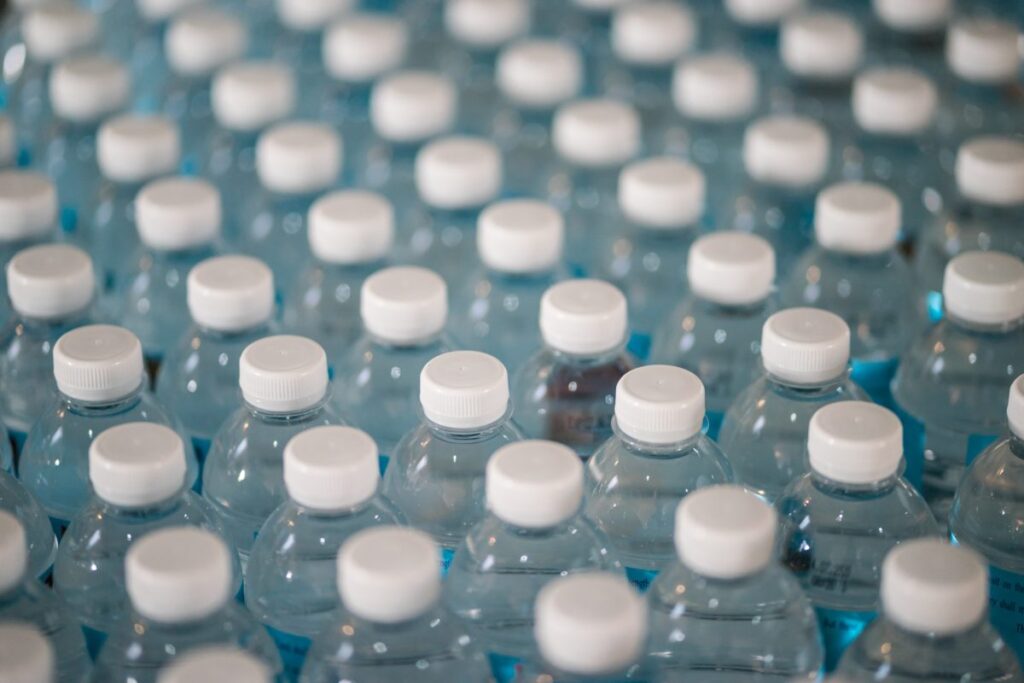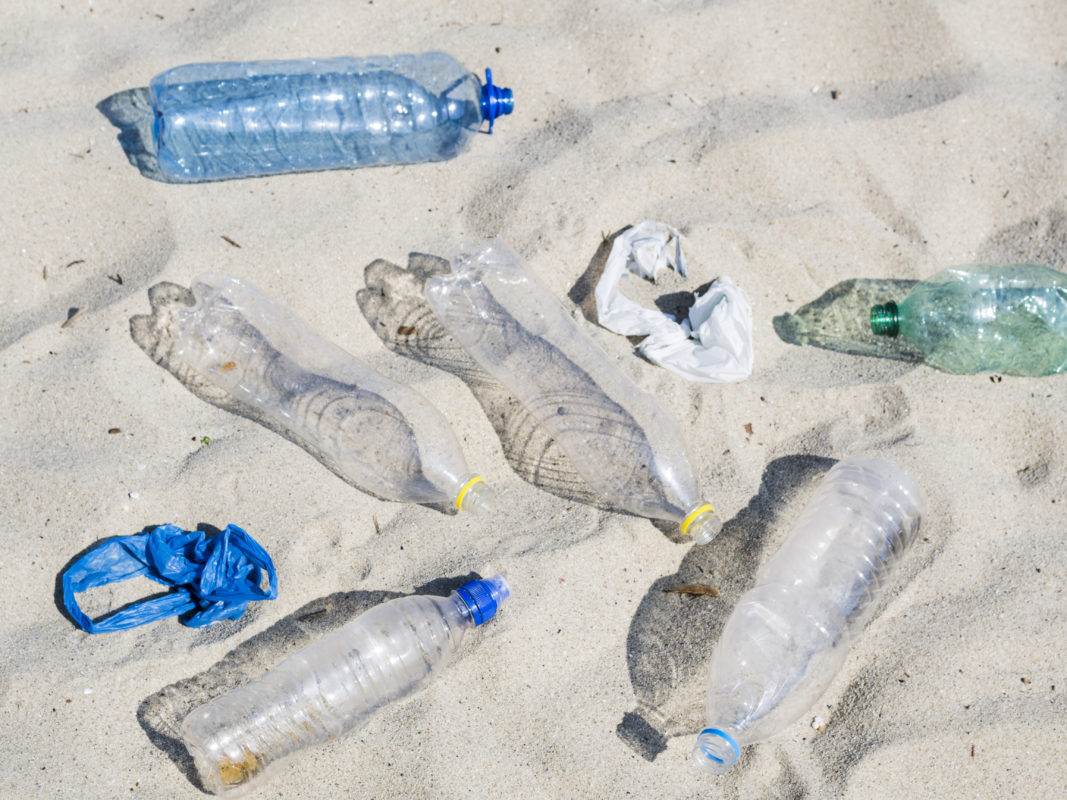Growing public concern about and scientific evidence of the damage that plastic pollution causes has led the UK government to take steps to target manufacturers and importers of plastic packaging. By creating the Plastic Packaging Tax (PPT), the UK government aims to reduce the use of new plastics being used and increase plastic recycling.
When will the Plastic Packaging Tax start?
The PPT will come into effect on 1 April 2022.
What products will be covered by the Plastic Packaging Tax?
The PPT will be charged on all plastic packaging that contains less than 30% recycled plastic content. Packaging will be considered ‘plastic packaging’ if the heaviest component of the entire packaging make-up is plastic.
Critically, this will capture plastic drinks bottles – a key exception in the EU’s Single-Use Plastic Directive.
Currently (although under government review), PPT will also be charged on more environmentally friendly options, such as biodegradable and compostable plastics.

Exceptions & Exempted Products
Some plastic packaging will be excluded from the tax. These cases are for where plastic packaging is used in:
- Licensed human medicines
- Packaging used in the transport of goods imported into the UK, i.e. pallet wraps etc
- As storage in aircraft, ships and trains making international journeys. i.e. plastics that are not released into the UK.
How much will the Plastic Packaging Tax be?
The PPT will be charged at a rate of £200 per metric tonne of plastic packaging that contains less than 30% of recycled content.
Who pays for it?
PPT will be levied on manufacturers and importers who create (or import) more than 10 metric tonnes of plastic packaging per year. This is applicable whether these companies are UK residents or not.
While the tax is levied on manufacturers and importers, in reality, responsibility will be all along the supply chain. Any company that purchases plastic packaging will be potentially liable for non-payment of PPT if they “knew or had reasonable grounds to suspect that” PPT “had not been accounted for”. As such, businesses will need to determine whether prices charged are PPT included or excluded, and will require documentation confirming whether any tax due has been paid.
Registration and Recordkeeping
Businesses who are directly covered by the legislation (i.e. those over the 10 metric tonnes per year limit) will need to register with HM Revenue and Customs (HMRC) and will need to keep appropriate records. These include:
- Total weight and the breakdown by weight of packaging material (excluding transport packaging)
- The methodology and calculations used to determine whether any packaging is subject to PPT (i.e. if plastic is the majority of the material)
- How much recycled content is in any plastic packaging
- The weight of plastic packaging that is exempted and reason for exemption (such as medicines packaging)
- Total weight of plastic packaging exported, which can be used as a rebate against any tax due.
Additional points to note
In order to prepare for PPT, companies should begin to:
- Estimate how much plastic packaging manufactured/imported will be taxed.
- Estimate their likely liability.
- Plan how they will implement the tax on their products. Will manufacturers/importers charge prices incl. PPT and pay the tax themselves or excl. PPT and push the responsibility onto their customers?
- Start conversations with customers/suppliers with regard to the increased costs and documentation from PPT.
- Explore whether PPT liability can be reduced in any way, by either switching materials or increasing recycled plastic content?
- Assign personnel to be responsible for complying with the PPT legislation – determining the amount of PPT payable, how it will be documented, evidenced, and recorded.
Lead image courtesy of freepik.






